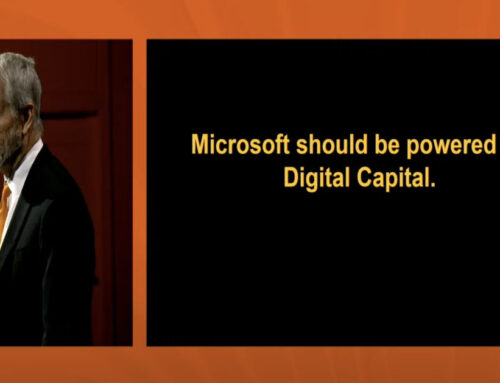Competition for Minerals Should Respect Rights and the Environment
May 6, 2025
Governments around the world are increasingly competing for so-called critical” minerals. The United States, the European Union, and China have all recently negotiated agreements with producer countries seeking the lithium, cobalt, nickel, copper, and other minerals used in renewable energy technologies, the defense industry, and the chips used to power artificial intelligence.
Many of the world’s mineral deposits, however, are found in conflict-affected countries and states with endemic corruption and weak government regulation. The mining industry also has a track record of human rights abuses, including links to armed conflicts and environmental harms.
On April 28, 2025, Human Rights Watch and Climate Rights International submitted recommendations to the United Nations special rapporteur on the promotion and protection of human rights in the context of climate change, who is compiling a report on best practices for securing minerals for renewable energy while promoting rights and poverty alleviation.
In September 2024, a UN panel stressed both the urgency of phasing out fossil fuels and the need to ensure the energy transition is not used to justify irresponsible practices in the mining and processing of minerals.
Our submission drew on work documenting land loss, deforestation, toxic pollution, and other abuses in the mining industry in Guinea, Indonesia, Panama, the United States, and Zambia. It underscored that robust regulation of mining in mineral producing countries is the most important line of protection for communities and workers and the best way to ensure mining revenue contributes to the fulfilment of economic, social, and cultural rights.
International agreements, including investor-state dispute settlement agreements, should not be used to undermine governments’ ability to rigorously enforce national environmental, human rights, and anti-corruption laws. Investors and purchasers of minerals should require the mining companies they work with to uphold strong human rights and environmental standards.
As the role of minerals in global politics and energy transition grows, governments should ensure that the protection of human rights and the environment, and the need to tackle poverty and inequality, are an essential part of the conversation around whether and how these minerals are extracted.
Search
RECENT PRESS RELEASES
Related Post


